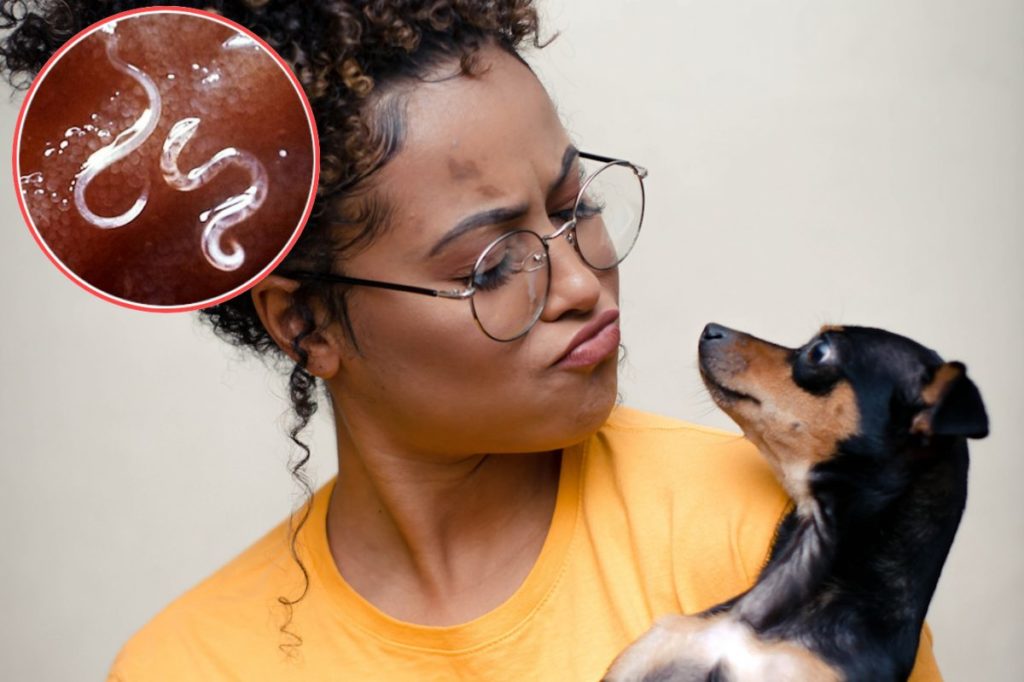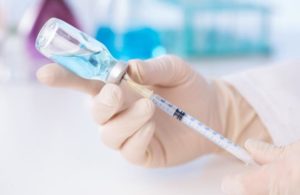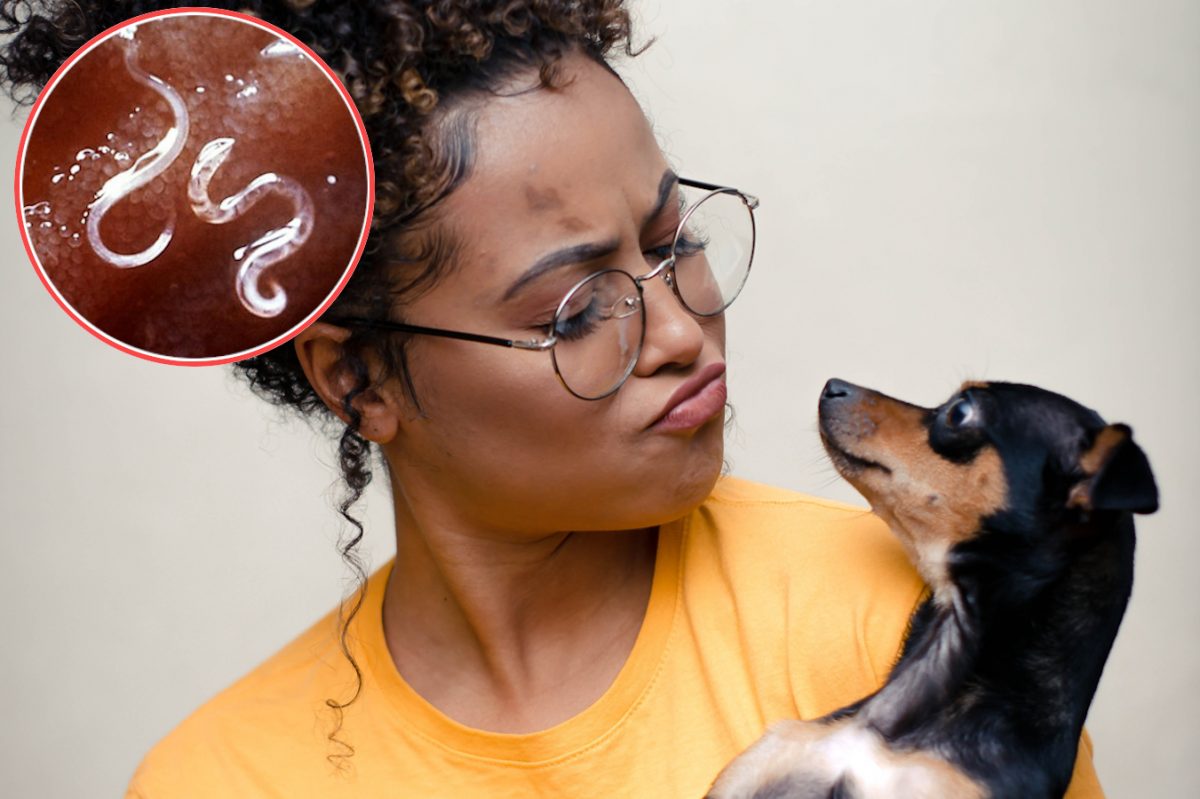Hookworm disease is a common parasitic infection that can affect dogs. Identifying the signs of hookworm disease in your dog and understanding how to treat it are crucial for their well-being. This article aims to provide comprehensive information to help you recognize the symptoms and take appropriate measures to treat hookworm disease in your canine companion.

Signs Your Dog Has Hookworm Disease
Recognizing the Symptoms
Hookworm infestations in dogs can lead to various symptoms, affecting their overall health. The signs of hookworm disease may include:
- Digestive Issues: Dogs with hookworms may experience diarrhea, often with traces of blood. Additionally, they may show signs of dehydration, such as excessive thirst or dry gums.
- Weight Loss: Unexplained weight loss despite a regular diet could indicate a hookworm infestation. The parasites feed on the dog’s blood, leading to malnutrition and weight loss.
- Anemia: Due to blood loss from hookworm feeding, dogs may exhibit pale gums and weakness, indicating anemia.
Treatment Options
Upon suspecting hookworm disease in your dog, it is essential to consult a veterinarian for accurate diagnosis and treatment. The treatment typically involves deworming medications prescribed by the vet. These medications effectively eliminate the parasites, allowing the dog’s gastrointestinal tract to heal.
Table 1: Common Deworming Medications
| Medication Name | Administration | Dosage |
|---|---|---|
| Fenbendazole | Oral | Determined by dog’s weight |
| Pyrantel Pamoate | Oral | Determined by dog’s weight |
| Milbemycin Oxime | Oral | Determined by dog’s weight |
It is crucial to follow the vet’s instructions regarding the dosage and duration of the medication to ensure successful treatment.
How to Treat It?

Diagnostic Process
Diagnosing hookworm disease in dogs involves several steps, including a thorough physical examination and laboratory tests. The veterinarian may conduct fecal tests to identify the presence of hookworm eggs in the dog’s stool. Additionally, blood tests may be performed to check for anemia and other abnormalities associated with the infection.
Home Care Measures
While professional veterinary care is vital, there are supportive measures that can aid in the treatment process. Providing a nutritious diet rich in iron and vitamins can help the dog recover from anemia caused by hookworms. Furthermore, maintaining a clean living environment for the dog, including regular removal of feces from the yard, can prevent re-infestation.
List 1: Home Care Tips for Dogs with Hookworm Disease
- Ensure the dog’s living space is regularly cleaned and feces-free.
- Feed the dog a balanced diet rich in iron and essential nutrients to aid recovery.
- Monitor the dog for any recurring symptoms post-treatment and seek veterinary advice promptly if needed.
Pros and Cons of Knowing Signs Your Dog Has Hookworm Disease
Pros of Early Detection and Treatment
Early detection of hookworm disease in dogs allows for prompt intervention, preventing further complications such as severe anemia or intestinal damage. Effective treatment not only alleviates the dog’s discomfort but also reduces the risk of spreading the infection to other pets or humans. Timely treatment can significantly improve the dog’s overall health and well-being.
Potential Challenges
One of the challenges associated with treating hookworm disease in dogs is the possibility of re-infection, especially in environments where the parasites are prevalent. Maintaining preventive measures, such as regular deworming and environmental sanitation, becomes essential to minimize the risk of recurrence.
Alternatives
Natural Remedies
In addition to conventional medications, some dog owners explore natural remedies to complement the treatment of hookworm disease. Natural options such as herbal supplements or dietary changes are occasionally considered to support the dog’s immune system and digestive health. However, it is crucial to consult with a veterinarian before administering any alternative treatments to ensure their safety and efficacy.
Preventive Measures
Preventing hookworm infestations is as crucial as treating existing infections. Regular deworming, maintaining a clean living environment, and minimizing exposure to contaminated soil or feces can significantly reduce the risk of hookworm disease in dogs.
Step by Step to Do Signs Your Dog Has Hookworm Disease and How to Treat It?

Step 1: Observation and Recognition
Be attentive to your dog’s health and behavior, noting any unusual symptoms such as diarrhea, weakness, or weight loss.
Step 2: Veterinary Consultation
Upon observing potential signs of hookworm disease, schedule a veterinary appointment for a thorough examination and diagnostic tests.
Step 3: Treatment Initiation
Following diagnosis, administer the prescribed deworming medication as per the vet’s instructions, ensuring compliance with the specified dosage and duration.
Step 4: Home Environment Management
Maintain a hygienic living space for your dog by regularly cleaning the yard and removing feces to prevent re-infestation.
Step 5: Post-Treatment Monitoring
Observe your dog for any lingering symptoms after the completion of treatment and seek further veterinary guidance if necessary.
Tips Signs Your Dog Has Hookworm Disease and How to Treat It?

Hygiene Practices
Implement strict hygiene practices, including regular cleaning of the dog’s living areas and prompt disposal of feces to minimize the risk of hookworm infestation.
Routine Veterinary Check-ups
Schedule routine veterinary check-ups for your dog to monitor their overall health and detect any potential parasitic infections at an early stage.
Environmental Risk Awareness
Be mindful of environments with potential hookworm contamination, such as communal dog parks or areas frequented by other animals, and take preventive measures accordingly.
Conclusion
Recognizing the signs of hookworm disease in dogs and understanding the appropriate treatment measures are integral aspects of responsible pet ownership. By staying vigilant, seeking timely veterinary care, and implementing preventive strategies, dog owners can effectively manage and mitigate the impact of hookworm infestations, ensuring the well-being of their beloved companions.
